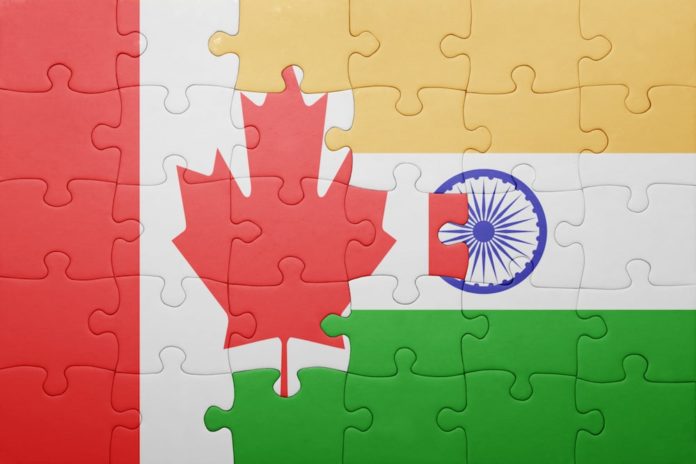
Even more Indians will soon be able to reunite with their loved ones and gain permanent residence in Canada as COVID-19 international travel restrictions loosen, with vaccines and new therapies to treat the virus showing promise.
India is already the most important source of new permanent residents that come to Canada through family sponsorship programs, reveals data from Immigration, Refugees and Citizenship Canada.
In the last year before the arrival of the pandemic, 17,660 Indians were sponsored by family members and came to Canada. Even during the pandemic when so much was shut down, 4,140 Indians got their permanent residence in Canada through family sponsorship programs during the first six months of the year.
That was down about 57.4 per cent compared to the same period the previous year when 9,720 Indians made the move.
But India still remains far ahead of other countries as a source of new permanent residents to Canada through these family sponsorship programs.
And the opportunities to use these programs to gain permanent residence in Canada will likely only grow this year.
Read More
Family Sponsorship Immigration To Canada: Top 10 Source Countries
Family Sponsorship An Important Source of New Canada Permanent Residents in 2020
Canada Spousal Sponsorship Immigration: Processing Times Down, But Still Work To Do
Under family sponsorship programs, a Canadian citizen or a permanent resident of Canada, aged 18 or more can sponsor certain family members to become Canadian permanent residents.
Sponsored Family Members Can Live and Work in Canada
With that permanent residence, those family members are able to live, study and work in Canada.
The sponsor assumes all financial responsible for their relative once he or she arrives in Canada.
To be a sponsor, the Canadian citizen or permanent resident must:
- sign a sponsorship agreement with the relative to be sponsored that commits the sponsor to provide financial support for the relative, if necessary. This agreement also says the person becoming a permanent resident will make every effort to support him or herself;
- provide financial support for a spouse, common-law or conjugal partner for three years from the date they become a permanent resident, and;
- provide financial support for a dependent child for 10 years, or until the child turns 25, whichever comes first.
Relatives who can be sponsored include:
- spouse.
- common-law partner
- conjugal partner
- dependent children
- parents
- grandparents
- brothers or sisters, nephews or nieces, granddaughters or grandsons who are orphaned, under 18 years of age and not married or in a common-law relationship
- another relative of any age or relationship but only under specific conditions
- accompanying relatives of the above (for example, spouse, partner and dependent children).
Spouses and common-law partners who come to Canada under the sponsorship programs are allowed to work under the Spousal Work Permit Pilot Program.
The program is designed to allow spouses and partners to work while their immigration applications are being finalized.
Eligible candidates must be in Canada and in the process of being sponsored for permanent residence under the spouse or common-law partner class. Candidates must also have valid temporary status as a visitor, student or worker.
Sponsors Financially Responsible
Under the sponsorship programs, sponsors ink a contract with Canada’s immigration authorities to repay the government for any social assistance payments made to the sponsored person. Sponsors remain obligated to the undertaking agreement for the entire period of the contract, even in a change of circumstances such as marital breakdown, separation, divorce, or a financial change in circumstances.
In the case of a spouse, common-law partner or conjugal partner, a sponsor is required to sign an undertaking to reimburse the federal or provincial governments from the date in which they become a permanent resident for the period of three years.
In the case of a child under the age of 19 years, of the sponsor or the spouse, common-law partner, or conjugal partner, the obligation starts on the day that the child becomes a permanent resident of Canada for a period of 10 years or until the child reaches the age of 25 years.
In the case of a dependent child over the age of 19 years, the obligation starts on the day that the dependent child becomes a permanent resident, for a period of three years.
In the case of parents and grandparents, the sponsorship obligation extends for a period of 20 years from the date in which the member of the family class becomes a permanent resident. For all other family members, the obligation is of a duration of 10 years.

